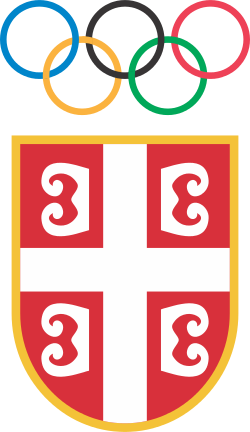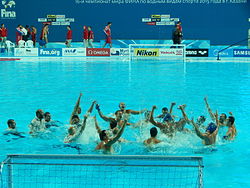Criteria for Awards
Awards are given to the athletes and teams according to their results in Olympic sports, Paralympic sports and from Chess Olympiad. The most valuable results are those accomplished in these competitions (in this order):
- 1. Olympic Games
- 2. World Championship
- 3. European Championship
- 4. World Cup
- 5. European Cup
- 6. Paralympic Games
- 7. Chess Olympiad
The award for most successful coach can be awarded to a coach who was a member of one of the Serbian national teams which achieved the most valuable sporting result according to listed criteria.
If two sportspersons have identical results, the award will go to athletes from individual sports instead of team sports. An exception can be made if an athlete from a team sport won an MVP award at the Olympic Games, World Championship or European Championship. Also, the worldwide popularity of their sports can be taken into account, as well as the maximum number of athletes from an individual nation that can participate in competitions.
If there are no exceptional results in given year, the award will not be presented.
This page is based on this
Wikipedia article Text is available under the
CC BY-SA 4.0 license; additional terms may apply.
Images, videos and audio are available under their respective licenses.






